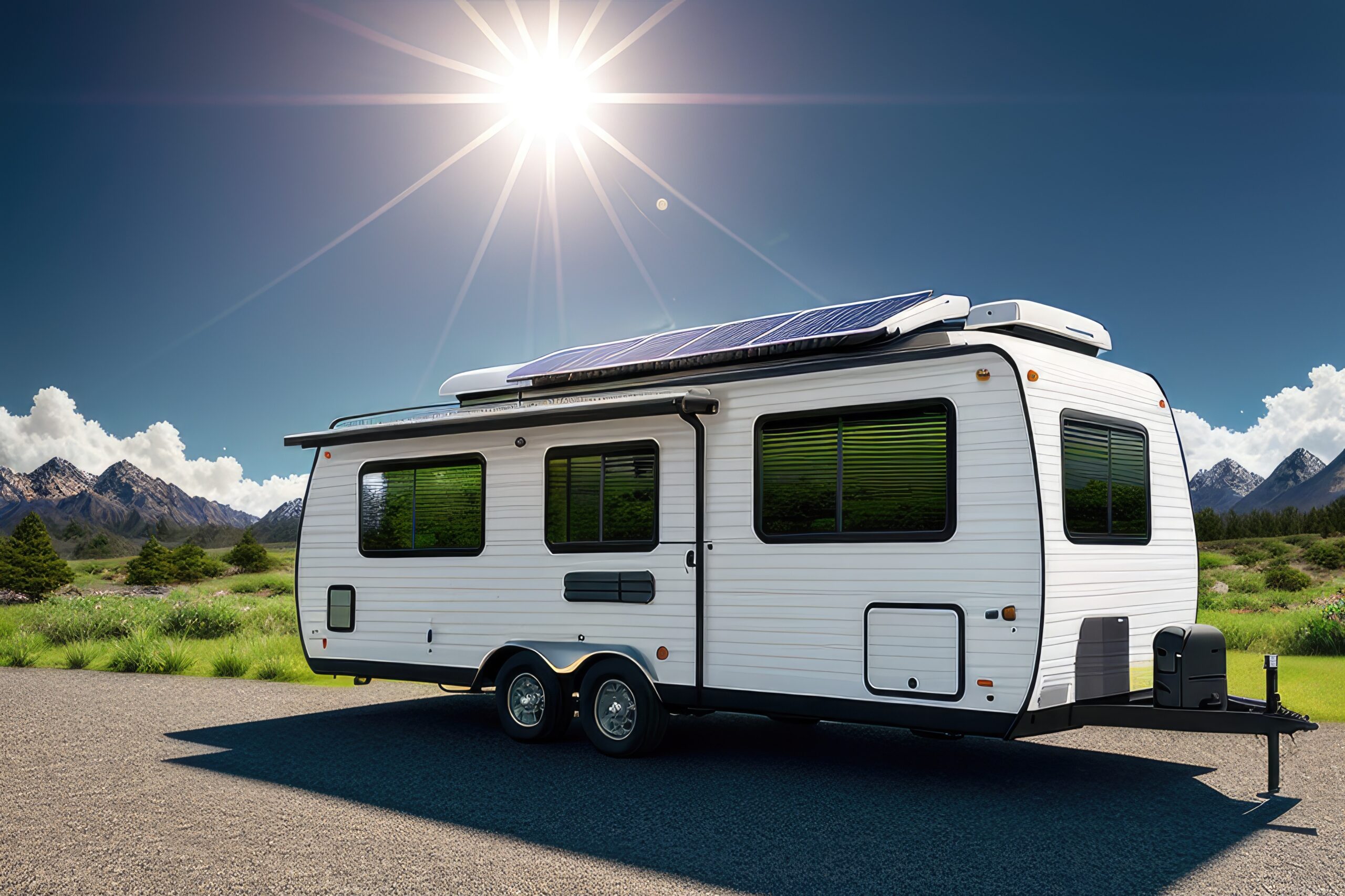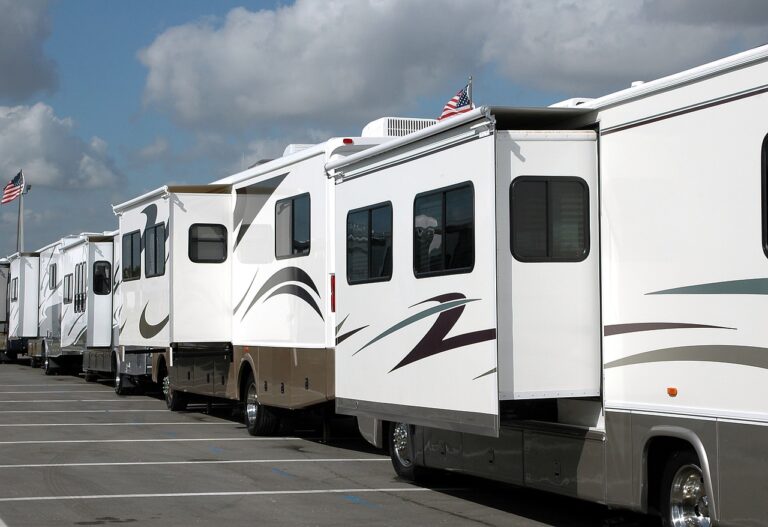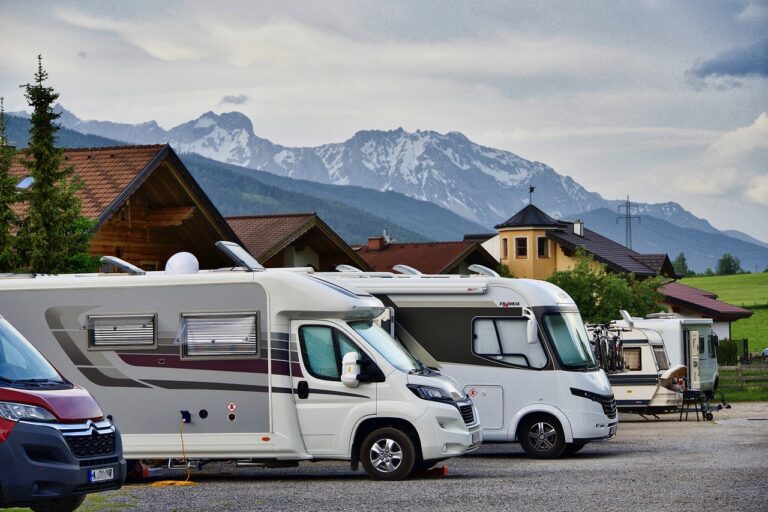In the pursuit of sustainable travel, embracing eco-friendly practices while RVing has become increasingly important. This article presents a collection of valuable tips for those seeking to reduce their environmental impact while enjoying the open road. From selecting the right RV to conserving energy and water, and from practicing waste reduction to adopting eco-friendly camping techniques, this guide aims to equip RVers with practical strategies to make their adventures more green and sustainable.
Choosing the Right RV for Eco-Friendly Travel
Choosing the appropriate RV for eco-friendly travel requires careful consideration and research. One of the most important factors to consider is the size and weight of the RV. Opting for a smaller, lightweight RV can help reduce fuel consumption and emissions. Additionally, choosing an RV with energy-efficient features such as solar panels, LED lighting, and energy-efficient appliances can further minimize your environmental impact. Another aspect to consider is the type of fuel the RV uses. Opting for a vehicle that runs on alternative fuels such as biodiesel or electricity can significantly reduce your carbon footprint. Lastly, it is essential to evaluate the RV’s insulation and ventilation systems to ensure energy efficiency. By choosing the right RV, you can embark on your eco-friendly journey with confidence, knowing that you are minimizing your impact on the environment. Now, let’s explore energy conservation tips on the road.
Energy Conservation Tips on the Road
To maximize energy conservation while traveling in your eco-friendly RV, implement these practical tips to minimize your environmental impact on the road. First, make sure to properly insulate your RV to reduce the need for excessive heating or cooling. Use energy-efficient appliances, such as LED lights and low-energy consuming electronics. Opt for renewable energy sources by installing solar panels on your RV’s roof. This will allow you to generate your own electricity while on the road. Additionally, be mindful of your energy usage by turning off lights and appliances when not in use, and using natural light and ventilation whenever possible. By following these energy conservation tips, you can reduce your carbon footprint and make your RVing experience more sustainable. Now, let’s move on to the next section where we will discuss sustainable water usage for RVers.
Sustainable Water Usage for RVers
In the context of energy conservation tips for eco-friendly RVing, sustainable water usage for RVers is an important aspect to consider. As RVers travel and explore different destinations, it is crucial to be mindful of water consumption to minimize waste and conserve this precious resource. One way to achieve sustainable water usage is by installing low-flow faucets and showerheads in the RV. These fixtures are designed to reduce water flow without compromising water pressure, thereby conserving water without sacrificing comfort. Additionally, RVers can practice water-saving habits such as turning off the tap while brushing teeth, using a dishpan for washing dishes to minimize water usage, and fixing any leaks promptly. By adopting these sustainable water usage practices, RVers can contribute to preserving water resources and promote eco-friendly RVing.
Waste Reduction and Recycling in Your RV
One effective way to reduce waste and promote sustainability in your RV is by implementing proper waste management practices. When it comes to waste reduction, it is important to minimize the amount of waste generated in the first place. This can be done by avoiding single-use items and opting for reusable alternatives, such as washable dishes and cloth napkins. Additionally, it is crucial to properly segregate and dispose of different types of waste, such as recyclables, organic waste, and non-recyclables. Recycling should be a priority, and RVers should make an effort to find recycling centers along their travel routes. Composting is another eco-friendly option for managing organic waste. By adopting these waste reduction and recycling practices, RVers can contribute to a cleaner and more sustainable environment.
Exploring Eco-Friendly Camping Practices
Eco-conscious campers can embrace sustainable practices while enjoying their RV adventures. By implementing eco-friendly camping practices, campers can minimize their environmental impact and contribute to the preservation of nature. Here are four essential eco-friendly camping practices to consider:
- Leave No Trace: Follow the principles of Leave No Trace, which include packing out all trash, minimizing campfire impact, and respecting wildlife and vegetation.
- Conserve Water: Practice water conservation by taking shorter showers, using biodegradable soaps, and reusing water when possible.
- Use Renewable Energy: Opt for solar-powered devices, such as solar panels or solar-powered lights, to reduce reliance on non-renewable energy sources.
- Choose Eco-Friendly Products: Purchase and use eco-friendly camping gear, such as biodegradable toilet paper, reusable utensils, and non-toxic cleaning products.




